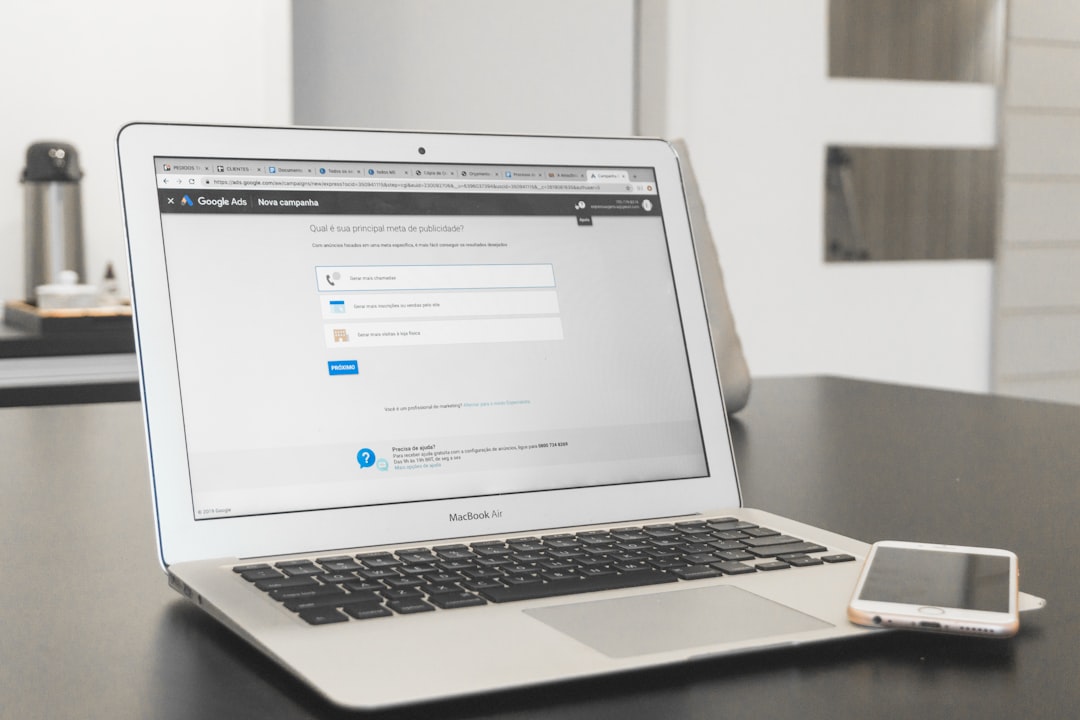For businesses, bloggers, and entrepreneurs using WordPress, maintaining a website isn’t just about adding new posts or updating content. It’s about ensuring that everything works flawlessly behind the scenes. That’s where WordPress maintenance plans come into play. These plans offer a comprehensive approach to keeping your website performing optimally, securely, and free from technical issues, allowing you to focus on your core business activities.
What Is a WordPress Maintenance Plan?
A WordPress maintenance plan is a professional service package that covers all of the ongoing tasks needed to keep a WordPress website running smoothly. These tasks go beyond routine updates; they involve backups, security monitoring, troubleshooting, speed optimization, and more.
Just like you wouldn’t neglect servicing your car, ignoring your website’s maintenance can lead to costly problems down the line.

Why Your Website Needs a Maintenance Plan
- Security Protection: WordPress is a popular platform, which makes it a frequent target for hackers. Maintenance plans include regular security scans and updates to fortify your site against threats.
- Performance Optimization: A slow website can drive visitors away. Maintenance plans help improve loading times and overall performance.
- Bug Fixes and Troubleshooting: Sites are prone to bugs due to outdated plugins or theme conflicts. Maintenance teams catch and fix these before they cause harm.
- Regular Backups: Accidents happen. Having regular off-site backups ensures you can recover your site in case of failure or data loss.
- Website Uptime Monitoring: Downtime can lead to lost revenue and damaged reputation. WordPress maintenance often includes real-time monitoring and alerts.
- Consistent User Experience: An updated, well-maintained site functions better, providing a smoother experience to your visitors.
Whether your site represents your brand or is your primary source of income, staying on top of maintenance is key to its stability and growth.
What’s Typically Included in a WordPress Maintenance Plan?
The coverage will vary, but most professional plans include the following:
- Core WordPress Updates: Keeping the WordPress core software up to date.
- Plugin & Theme Updates: Ensuring all third-party tools are running the latest versions.
- Daily or Weekly Backups: Full-site backup to secure storage locations.
- Security Monitoring: Constant checks for malware, vulnerabilities, and malicious activity.
- Uptime Monitoring: Alerts if your website goes offline.
- Speed Optimization: Enhancements to ensure your website loads quickly.
- Database Optimization: Regular cleaning of the database to reduce size and improve efficiency.
- Emergency Support: Quick response to critical issues or site crashes.
- Monthly Reports: Updates on what’s been done and how the site is performing.
How to Choose the Right WordPress Maintenance Plan
Not all maintenance plans are created equal. Here’s what to consider when choosing a provider:
- Experience with WordPress: Ensure the provider has a strong track record and familiarity with the WordPress ecosystem.
- Responsiveness: Can they quickly respond during emergencies?
- Customization Options: Do they offer tailored plans based on your specific website needs and traffic levels?
- Backup Frequency: How often are full site backups performed? Daily should be the minimum for high-traffic sites.
- Security Protocols: Look for malware scanning, firewall setup, and protection against brute force attacks.
- Reporting: Transparent monthly or weekly reports increases trust and accountability.
Always ask for client testimonials or case studies to evaluate their success with other clients. Comparison shopping will help you avoid overpaying or under-securing your digital presence.
Common Misconceptions About Website Maintenance
Many website owners misunderstand the necessity and scope of a maintenance plan. Let’s debunk a few myths:
- “I can update everything myself.” Manual updates may seem easy, but they often lead to compatibility issues or downtime if not done properly.
- “My site is small, so I don’t need maintenance.” Size isn’t the only factor. Even small websites can be vulnerable or negatively impacted by slow speeds and outdated plugins.
- “I’ll deal with issues when they happen.” Reactive maintenance usually costs more, both in time and lost business, than proactive upkeep.
Taking a proactive approach not only mitigates risks but also enhances your visitors’ trust in your brand’s professionalism.
Who Should Use WordPress Maintenance Services?
These services are not just for large corporations. They are crucial for:
- Small Business Owners who prefer to focus on running their business rather than technical upkeep.
- Bloggers who want peace of mind and more time to create content.
- Ecommerce Shops where uptime, speed, and security directly affect revenue.
- Nonprofits or Educational Organizations with limited internal tech resources.
Final Thoughts
A WordPress maintenance plan is not a luxury—it’s a necessity in today’s digital environment. Beyond ensuring security and functionality, it provides professional oversight, saving you time and safeguarding your revenue. When your website is critical to your business operations, investing in a maintenance plan is one of the smartest choices you can make.
Frequently Asked Questions (FAQ)
- 1. How much does a WordPress maintenance plan typically cost?
- Costs can range from $30 to $300 per month depending on the level of service, website complexity, and included features.
- 2. Can I handle maintenance myself instead of paying for a plan?
- Technically, yes. However, it requires consistent time investment, technical knowledge, and experience with troubleshooting potential issues. Professional plans often include automation and expert oversight that reduce errors and save time.
- 3. What happens if I skip WordPress updates?
- Outdated WordPress software or plugins can leave your site vulnerable to hackers, performance issues, and incompatibilities with new technology.
- 4. Are backups included in all maintenance plans?
- Most reputable maintenance plans include daily or weekly backups. However, it’s important to confirm this detail when selecting a provider.
- 5. Will a maintenance plan improve my SEO?
- Indirectly, yes. Speed, uptime, mobile responsiveness, and security—all typical features of a maintenance plan—are ranking factors in search engines.
